The 20th Middle East Security Summit in Bahrain focused on solutions to persistent conflicts and regional security challenges with the participation of more than 60 international delegations, including Vietnam.
The conference attracted special attention from the international and regional communities, with the participation of more than 60 delegations from countries and international organizations. This event also marked the 20th anniversary of the establishment of the Manama Dialogue mechanism on security and defense in Bahrain, as well as the 25th anniversary of the accession of King Hamad bin Isa Al Khalifa of Bahrain.
The delegation of the Ministry of Public Security of Vietnam led by Major General Dao Ngoc Dinh, Deputy Director of the Department of Science, Strategy and History of Public Security, attended the dialogue.
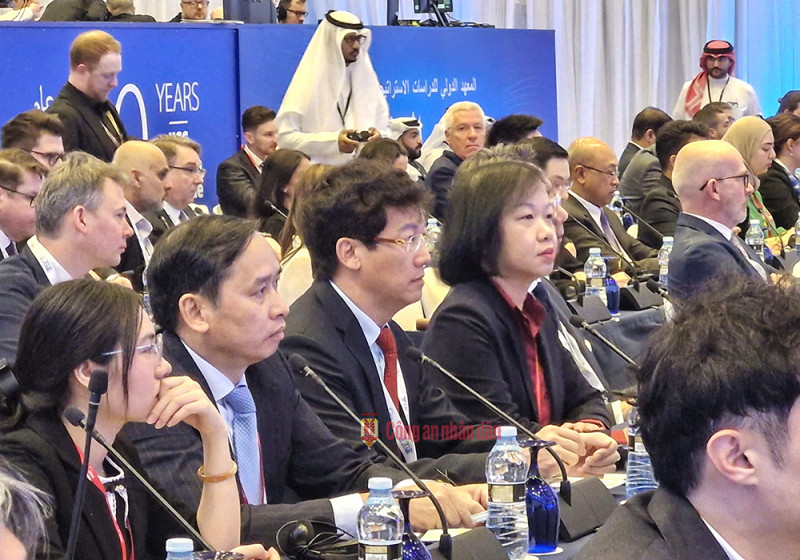
The participation of the Vietnamese Ministry of Public Security delegation in the Manama Dialogue clearly demonstrates Vietnam's interest, goodwill, role and responsibility towards international issues.
The 20th Manama Dialogue included two special sessions and seven plenary sessions, during which delegates focused on discussing important topics related to security in the Middle East region.
Topics covered include: Political and military responses to conflicts; challenges from nuclear proliferation; international approaches to Middle East security; the intertwined impact of Middle East and global security; challenges to defense in the current complex context and initiatives to ensure peace and strategic cooperation in the region...
During the discussions, experts reiterated that in recent decades, no war has been resolved through diplomatic means, nor has any side emerged as a clear winner. Conflicts are often frozen or managed by different groups of “players.” Meanwhile, the human and security consequences of conflicts are becoming increasingly severe.
The conflicts in Libya, Syria and Yemen that began a decade ago remain unresolved, while the wars in Gaza and Lebanon are a clear example of the failure of regional and international efforts to prevent and resolve violence. The humanitarian crisis and infrastructure collapse have taken a huge toll on countries in the region, spilling over to neighboring countries and even affecting the international community.
The speakers stressed that solving regional problems must start from the root causes. The 22 Arab countries cannot be stable if one of them is not at peace. Therefore, Arab countries need to play a leading role, propose peace initiatives, and address the issue of non-state armed groups. At the same time, a long-term political doctrine must be applied, accompanied by an overarching strategy and expanded dialogue to pacify conflicts.
Each country needs to raise its voice through international mechanisms such as the United Nations (UN), especially the Security Council, to propose and seriously implement UN Resolutions. The guiding principles of the UN Charter, international law and human rights law need to be protected from serious violations, even if the violations originate from the hands of the countries that drafted these rules.
Regarding Middle East peace, many experts agree that Israel cannot achieve stability if the fighting in Gaza continues. Mr. Sven Koopmans, Special Representative of the European Union (EU) for the Middle East Peace Process, affirmed that previous peace initiatives such as the Arab Peace Initiative or the Middle East Peace Treaty have not yet achieved the desired results.
According to him, there is only one solution: Israel must recognize an independent, sovereign Palestinian State with pre-1967 borders, with East Jerusalem as its capital. He stressed that only when Israel and Palestine reach an agreement based on the two-state principle can lasting peace become a reality. Experts warn that this process may be arduous and requires active support from international parties, especially the UN and regional organizations.
Speaking at the Conference, Dr. Abdullatif bin Rashid Alzayani, Minister of Foreign Affairs of Bahrain, emphasized the important role of the Manama Dialogue in finding solutions to regional conflicts, especially in the context of increasing global challenges. He affirmed that there is a need for practical approaches to navigate the geopolitical landscape, maintain the integrity of international systems; at the same time, call for cooperation, shared interests and common aspirations to reduce tensions and end conflicts.
The fact that the Ministry of Public Security sent a delegation to attend the Manama Dialogue clearly demonstrates Vietnam’s interest, goodwill, role and responsibility towards international issues. At the same time, this is also evidence affirming the viewpoint of our Party and State in welcoming and supporting initiatives and efforts to promote the peace process in the Middle East and the region.
Source: https://vietnamnet.vn/viet-nam-chung-tay-vao-no-luc-thuc-day-tien-trinh-hoa-binh-trung-dong-va-khu-vuc-2350049.html


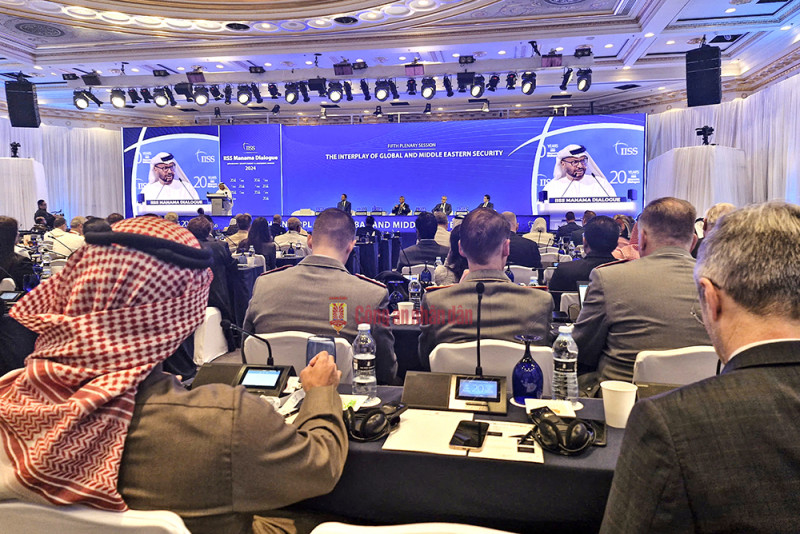












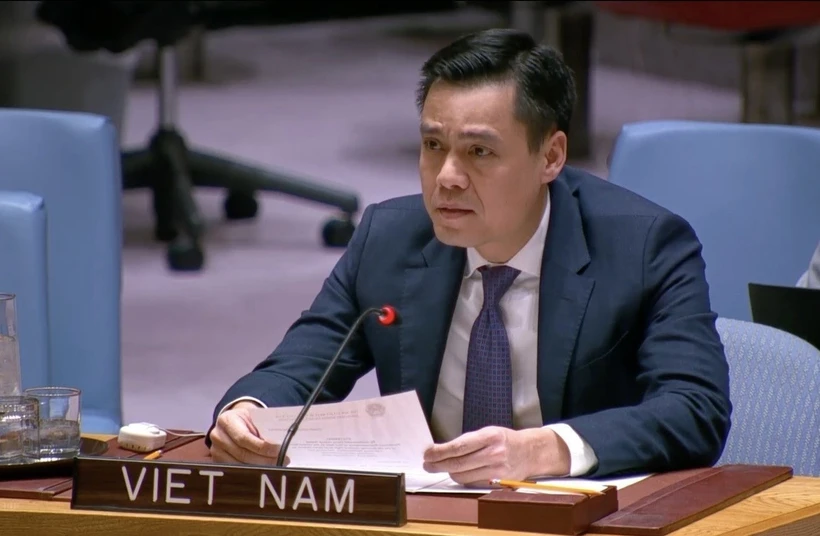

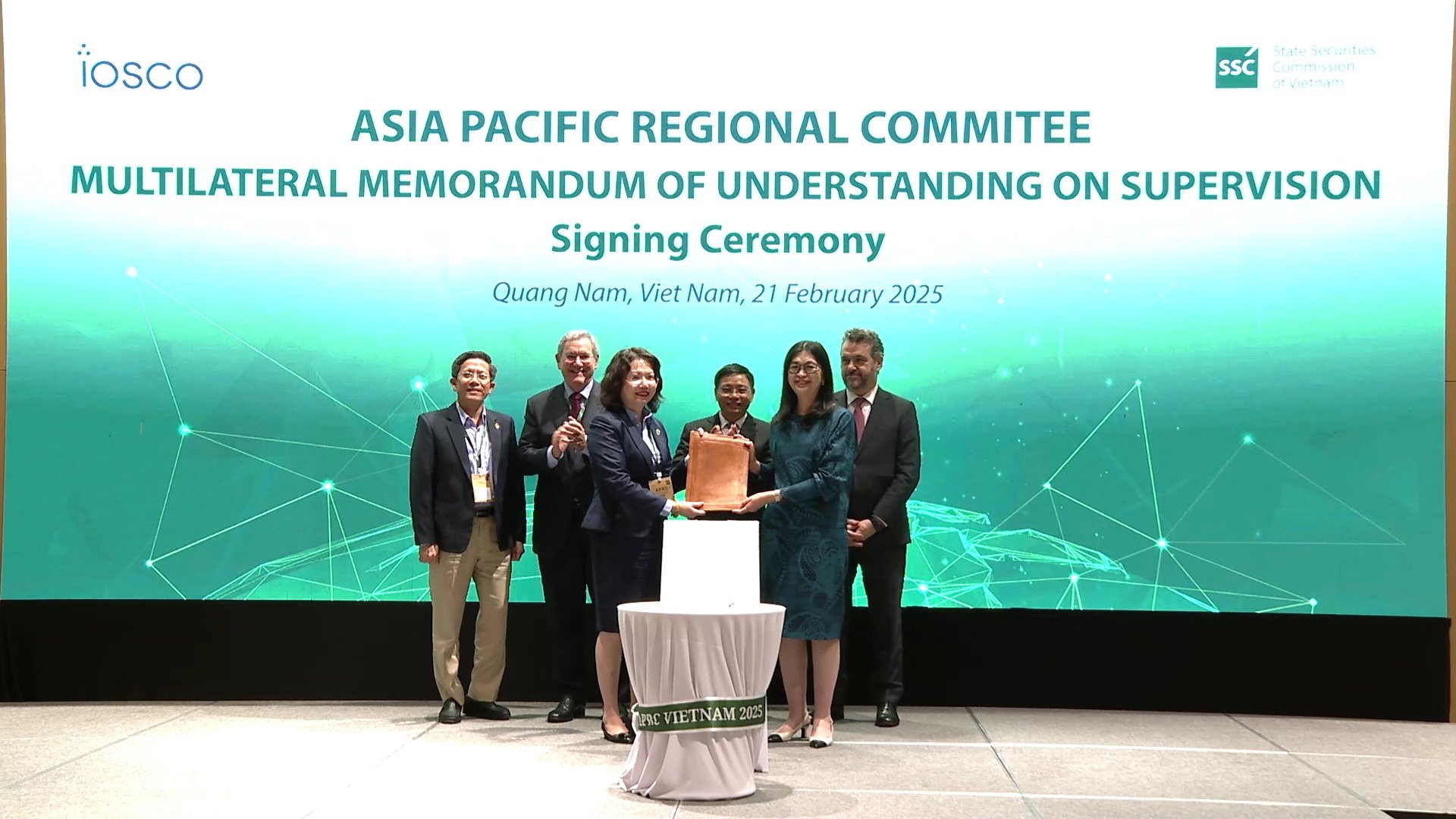

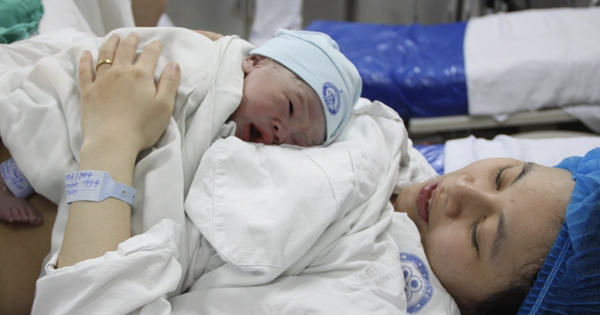

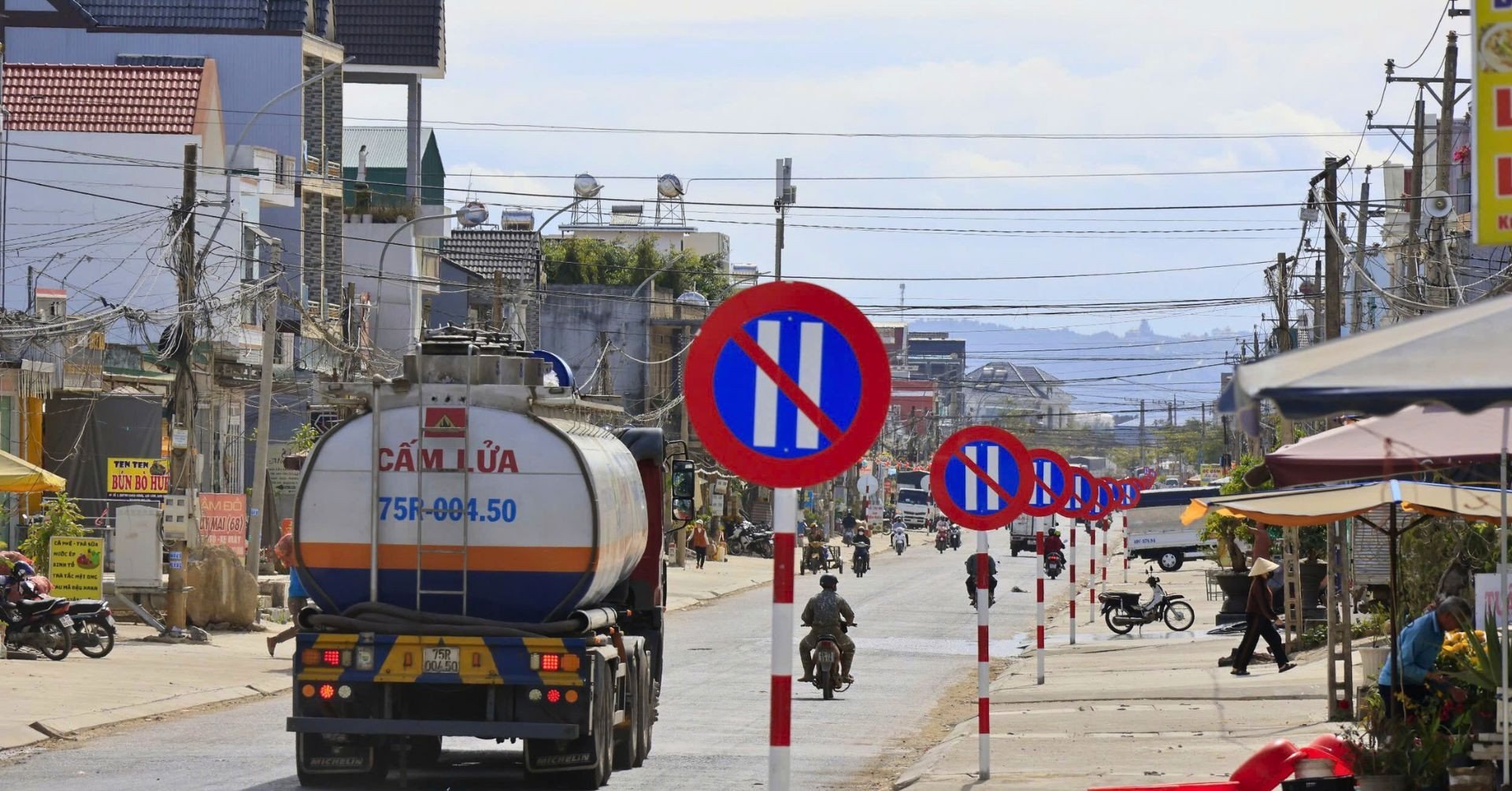
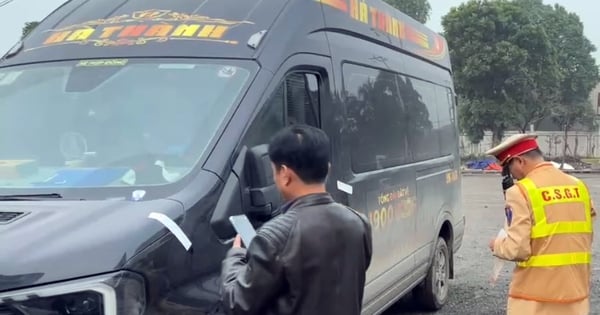

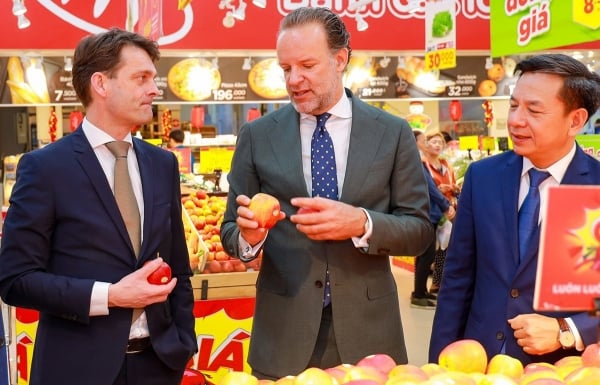

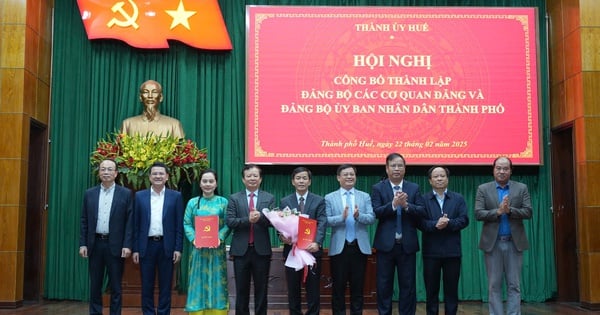
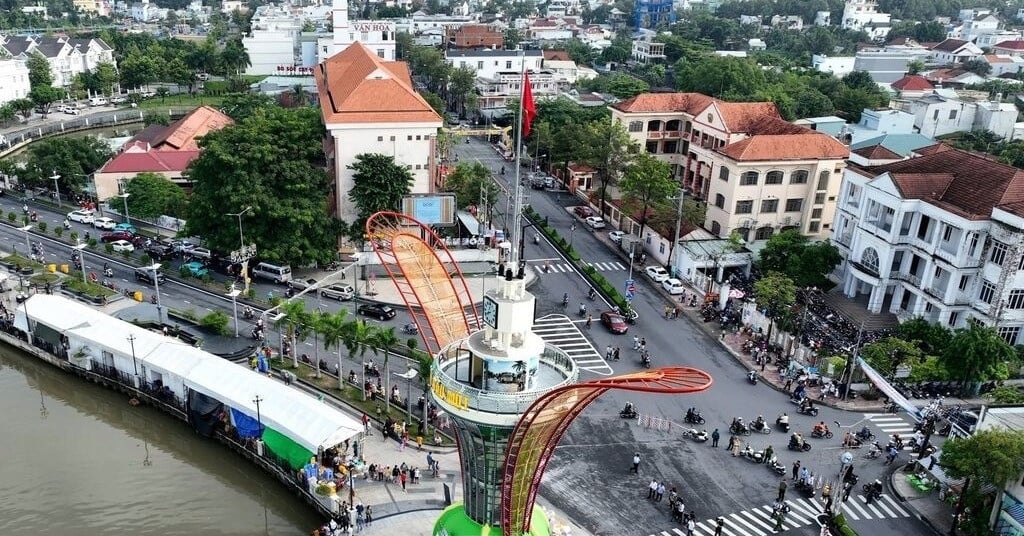

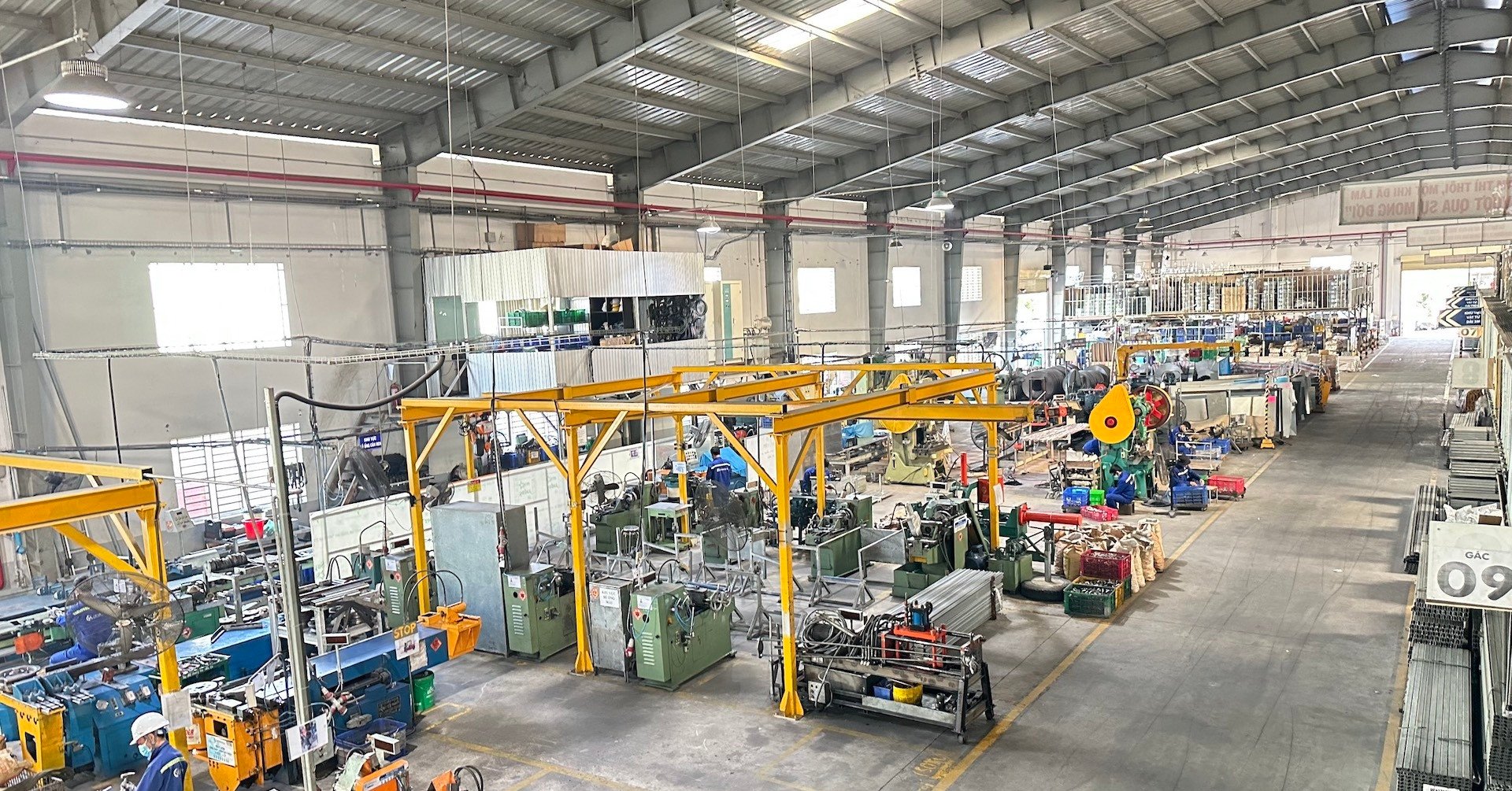

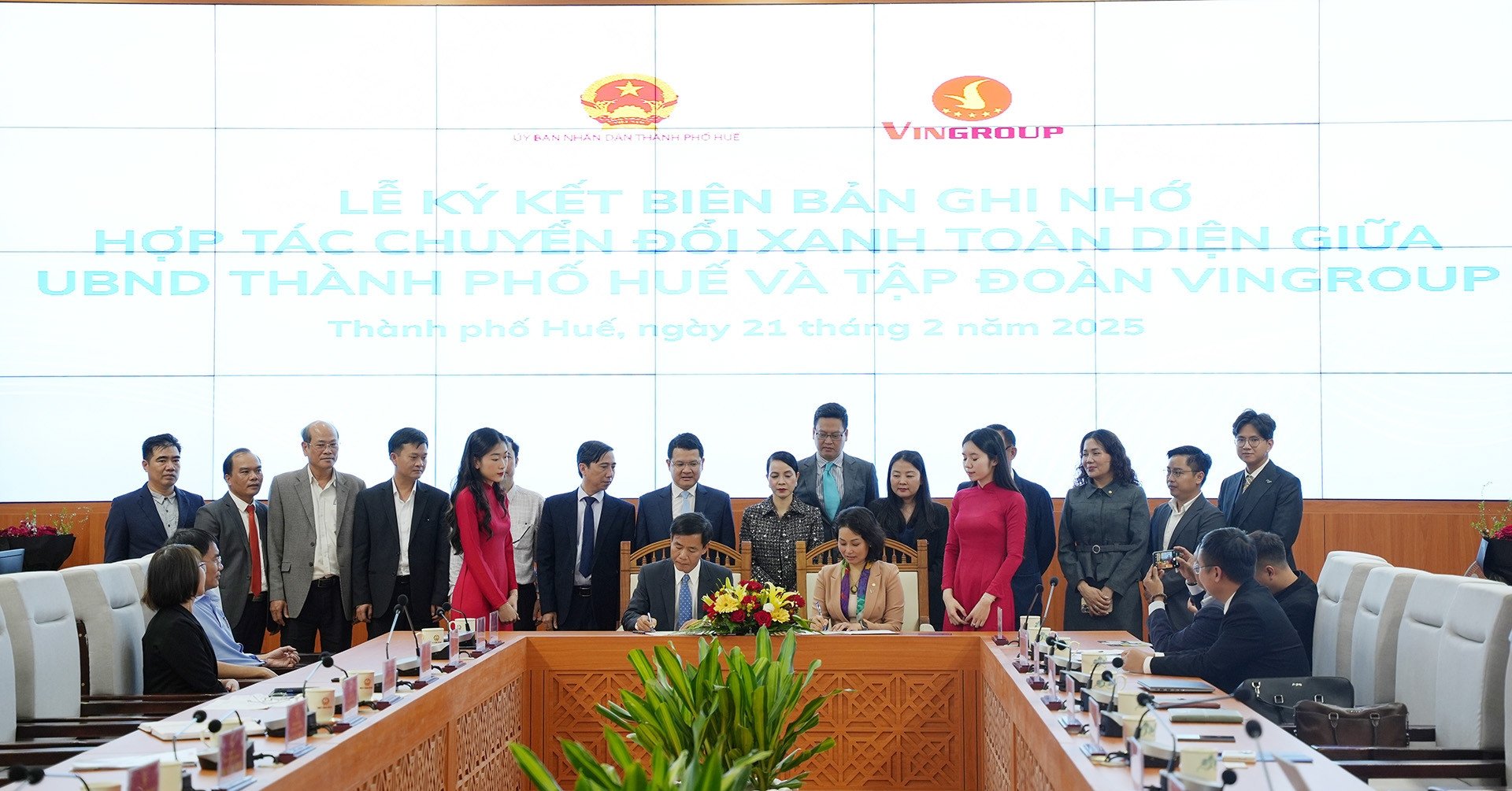







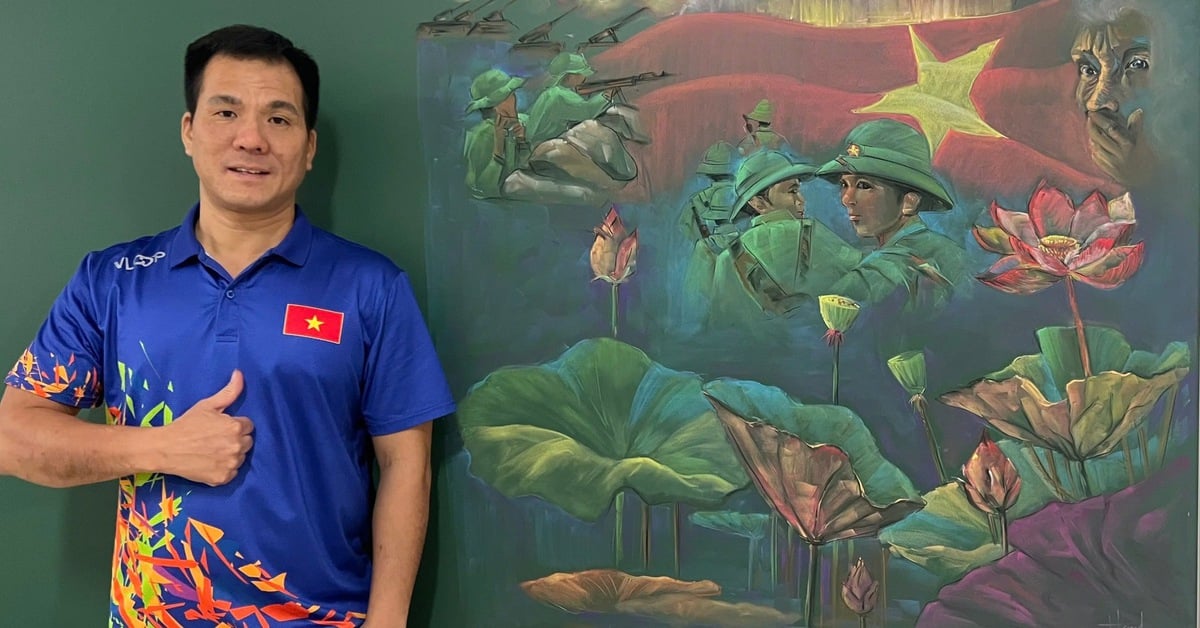
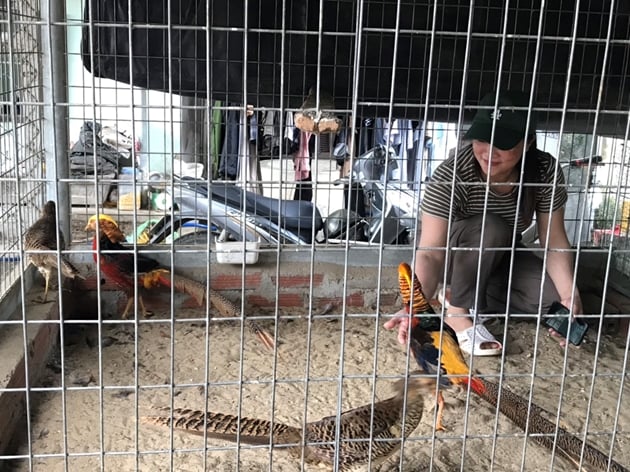



Comment (0)